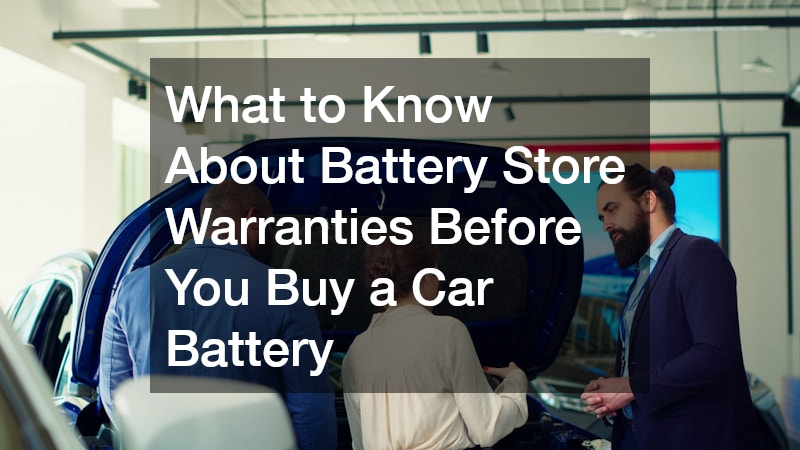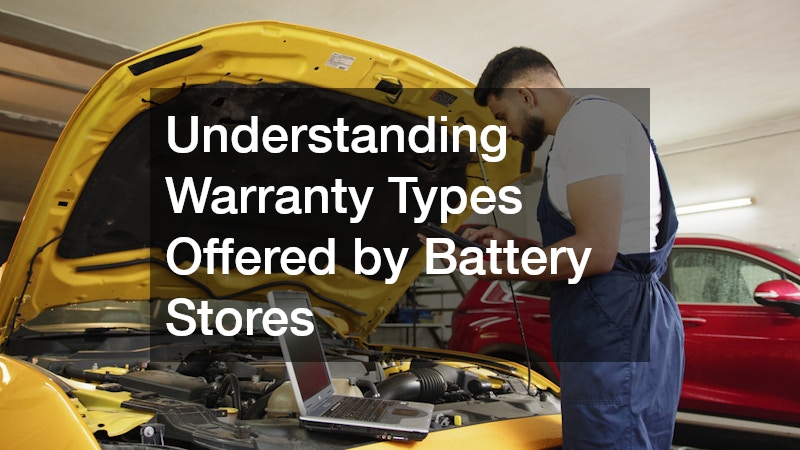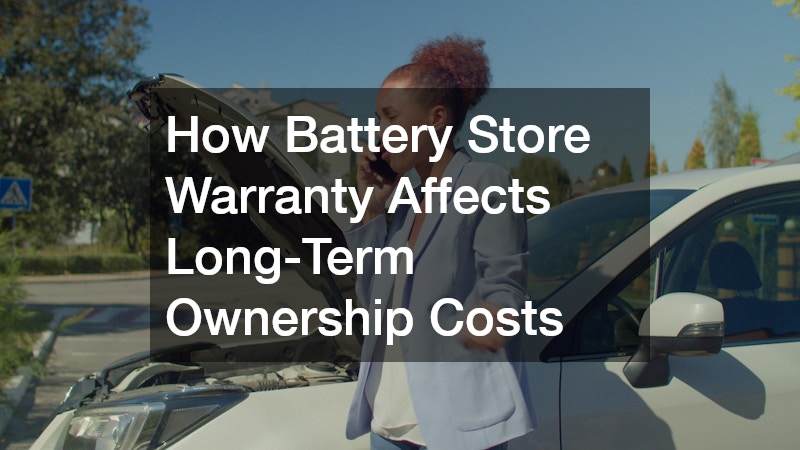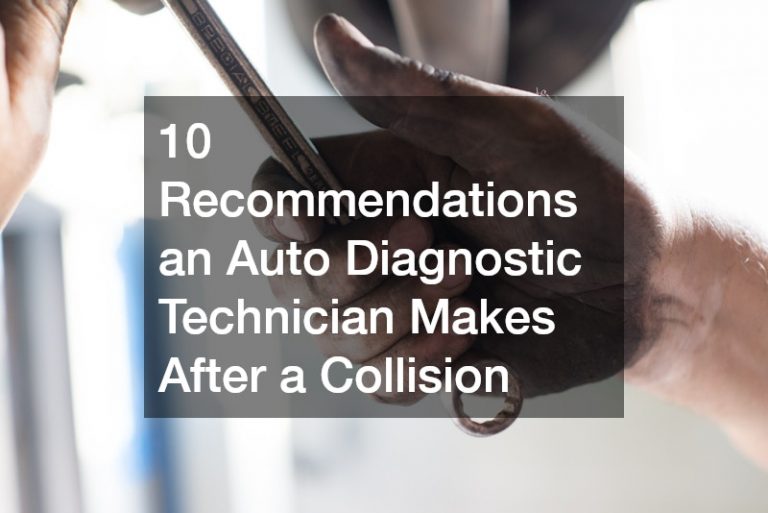

Introduction: Why Battery Store Warranties Matter
When shopping for a new car battery, many drivers prioritize price, performance, or brand name. However, there’s one crucial detail that often gets overlooked — the warranty policy offered by the battery store for car batteries. A car battery is not a trivial purchase; it plays a critical role in your vehicle’s reliability and long-term health. Choosing a battery with a strong warranty policy can protect your investment and provide much-needed peace of mind. Not all warranties are created equal, and the differences can significantly affect your ownership experience.
Battery stores vary widely in the coverage they offer, from the length of protection to the conditions and ease of claim processing. Some warranties are pro-rated, while others offer free replacement. Some are honored nationwide, while others are limited to a single store location. In this article, we’ll explore why battery store warranties matter, how they impact your buying decision, and what you should know to make a well-informed choice. Whether you’re replacing a worn-out battery or upgrading for better performance, understanding store warranty policies can help you avoid common pitfalls and ensure you’re truly getting the value you paid for.
Understanding Warranty Types Offered by Battery Stores

Warranties provided by battery stores generally fall into two broad categories: free replacement warranties and pro-rated warranties. Knowing how these differ can help you evaluate the real value behind each offer.
Free Replacement Warranties
This type of warranty offers full replacement of your battery within a specific period if it fails due to manufacturer defects or premature wear. These periods can range from 12 months to 48 months, depending on the brand and the store. Free replacement warranties are a popular option because they provide peace of mind without additional cost if something goes wrong early in your ownership.
For example, if your battery has a 36-month free replacement warranty and it dies at month 30, you can walk into the battery store and receive a new one — no questions asked and no charge. However, this warranty doesn’t usually extend beyond the free replacement period.
Pro-Rated Warranties
Once the free replacement period expires, many battery stores transition into a pro-rated warranty phase. This means if your battery fails, the store will replace it at a reduced price based on how long the battery has been in use. The older the battery, the less discount you’ll receive on a replacement.
While this still offers protection, the savings can diminish significantly over time. A common complaint among consumers is that they expect a free replacement, only to discover the warranty has moved into a pro-rated phase that only provides partial credit.
Transferable Warranties
Some premium battery stores also offer transferable warranties. If you sell your vehicle, the battery warranty can be transferred to the new owner, adding value to your car and simplifying the transaction. While this isn’t a universal offering, it’s worth asking about if you plan to sell your vehicle within a few years.
Comparing Policies Between National Chains and Local Battery Stores
When it comes to buying a car battery, you typically have two types of stores to choose from: national chain retailers and independent local battery stores. Each has pros and cons, especially regarding their warranty policies.
National Chain Retailers
Large retailers like AutoZone, Advance Auto Parts, and Walmart usually offer standardized warranties across all locations. This makes it easier for consumers to claim warranty service, even when traveling or relocating. For example, if you purchase a battery at AutoZone in Florida and it fails while you’re on a road trip in Texas, you can walk into any AutoZone location for service.
These retailers often have established procedures and systems for tracking purchases, simplifying the warranty claim process. You usually only need your phone number or original receipt. Additionally, some of these stores offer online registration for products, giving customers a hassle-free way to prove eligibility for warranty claims.
However, some chain stores may have stricter return policies or impose exclusions hidden in fine print. Always review what’s covered under the warranty and what’s not — some chains won’t cover batteries that show signs of physical damage or improper installation.
Local Battery Stores
Local stores may not have nationwide coverage but can offer more personalized service. If you build a relationship with a local shop, they might be more flexible or lenient in how they handle warranty claims. Some even go above and beyond by offering roadside support or home installation, increasing overall value.
That said, local stores may also have limited replacement inventory, making it harder to find the exact battery you need. Furthermore, if you move or travel, claiming warranty service could become more complicated, especially if they don’t maintain digital records.
Red Flags to Watch for in Battery Warranty Fine Print
Reading the fine print in a battery store warranty policy is one of the most overlooked yet essential steps in the battery buying process. While stores often promote the length of their warranties boldly, the real story lies in the details — and it’s here that many consumers get caught off guard.
Common Warranty Exclusions
Many warranties contain exclusions that can void coverage entirely. Here are some typical red flags:
- Improper Installation: If the battery wasn’t installed professionally or according to the manufacturer’s specifications, the warranty might be void.
- Neglect or Abuse: Leaving a battery discharged for too long, exposing it to extreme temperatures, or overcharging it can disqualify you from making a claim.
- Physical Damage: Dents, cracks, or corrosion caused by spills or leaks may result in automatic disqualification.
Short Coverage Periods
Some budget battery stores advertise long warranties but only provide a few months of free replacement coverage. The remainder of the term might be pro-rated or contain complex limitations that reduce its value.
Complex Claim Procedures
If a store requires original packaging, receipts, or battery testing at a specific location, this could be a barrier to a successful claim. Always check if the process involves:
- Sending the battery for testing
- Paying for return shipping
- Waiting extended periods for approval
Lack of Nationwide Support
If the store doesn’t have multiple locations or affiliate shops, it may be difficult to claim the warranty if you move or travel. Make sure the battery store clearly outlines how and where you can claim warranty service.
How Battery Store Warranty Affects Long-Term Ownership Costs

When calculating the true cost of owning a car battery, it’s not enough to look only at the upfront price. Warranties offered by the battery store can significantly affect long-term ownership costs, especially if your battery fails prematurely.
Cost of Early Battery Failure
Car batteries can fail due to various reasons, from climate conditions to frequent short trips. If your battery dies within 18–24 months of purchase and the store doesn’t offer a strong free replacement policy, you could be paying full price again. This turns a $150 battery into a $300 expense very quickly.
With a reliable warranty from a trusted battery store, you’re covered — either through free replacement or significant discounts during the pro-rated period. This protection directly reduces your out-of-pocket expenses and ensures your vehicle stays roadworthy.
Peace of Mind During Ownership
Knowing you can rely on your battery store if something goes wrong adds peace of mind to your ownership experience. You’re not just buying a battery; you’re buying into a support system. This becomes even more important if you live in extreme climates or rely on your vehicle for work or long commutes.
Budgeting for Replacement and Maintenance
Understanding the warranty coverage helps you plan financially. If your warranty covers four years, you can reasonably expect not to spend additional money on battery replacement for that period. This allows you to allocate your vehicle maintenance budget more efficiently.
Hidden Savings
Some battery stores also offer additional perks such as:
- Free installation
- Complimentary battery testing
- Roadside assistance if your battery fails
- Loyalty discounts on future purchases
These benefits, often tied to strong warranty programs, provide added value beyond the initial purchase.
Final Thoughts: Choose a Battery Store with a Solid Warranty
The next time you’re in the market for a car battery, don’t just compare price tags — compare warranty policies too. A reputable battery store with transparent, customer-friendly warranty terms can make all the difference in how long your battery lasts and how protected you are if it fails.
Focus on stores that offer:
- A clearly defined free replacement period
- Pro-rated warranties that still provide meaningful discounts
- Hassle-free claim processes
- Nationwide support or strong local service
Ultimately, your car battery is a crucial part of your vehicle’s performance. Choosing a battery store that stands behind its products with a solid warranty policy ensures that you’re making a smart investment — one that provides reliability, peace of mind, and long-term savings.
Before making a purchase, don’t hesitate to ask about the warranty in detail. Read the fine print, ask for clarification, and check online reviews to verify the store’s reputation. The best battery store for car batteries is one that supports you not just at the time of sale, but throughout the entire life of your battery.
Sources:
- Consumer Reports – Car Battery Buying Guide
- Battery Council International – Understanding Battery Warranty Standards
❓FAQs :
Q1: What’s the difference between a prorated and full replacement battery warranty?
A prorated warranty provides partial reimbursement depending on how long you’ve owned the battery. A full replacement warranty covers the entire cost if it fails within the coverage period.
Q2: Do battery warranties vary between stores or brands?
Yes, warranty lengths, terms, and the ease of claims differ significantly between brands and battery store policies. Always compare before purchasing.
Q3: Is it worth buying an extended warranty on a car battery?
Not always. If the standard warranty is already extensive, an extended warranty might duplicate benefits or offer limited additional coverage.
Q4: What should I check in a store’s warranty policy before buying a battery?
Look at the length of the warranty, whether it includes free replacement, how claims are processed, and if the warranty is nationwide or limited to certain locations.
Q5: Will using my car infrequently void my battery warranty?
Some warranties have clauses about improper usage. Infrequent use or long idle periods can void coverage. Always read the fine print.






